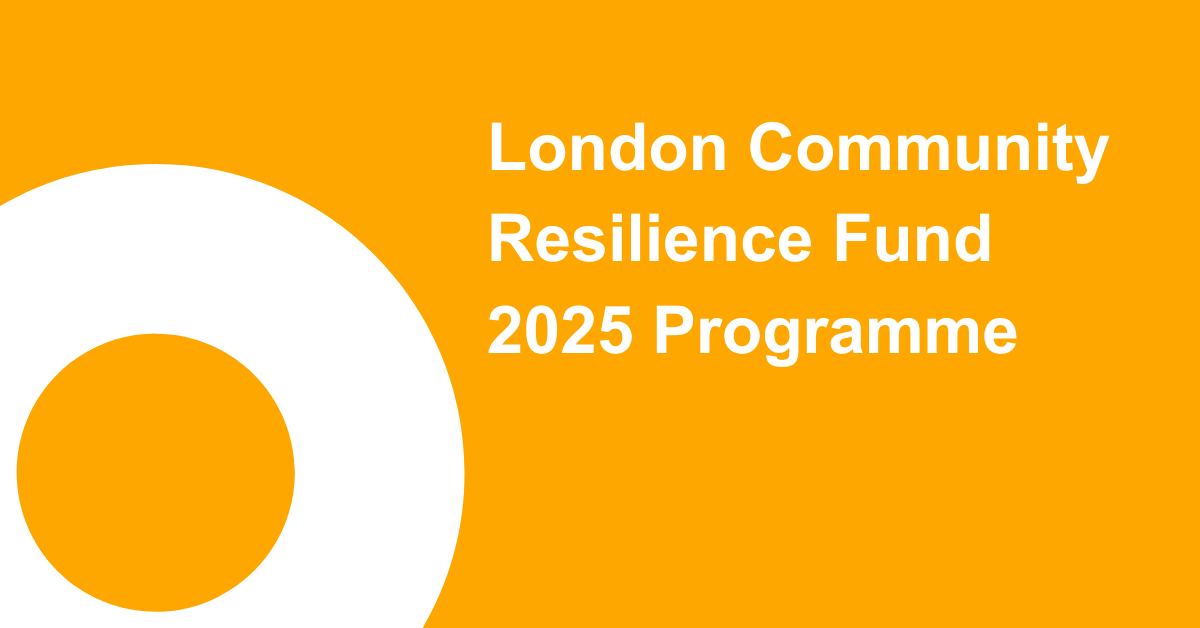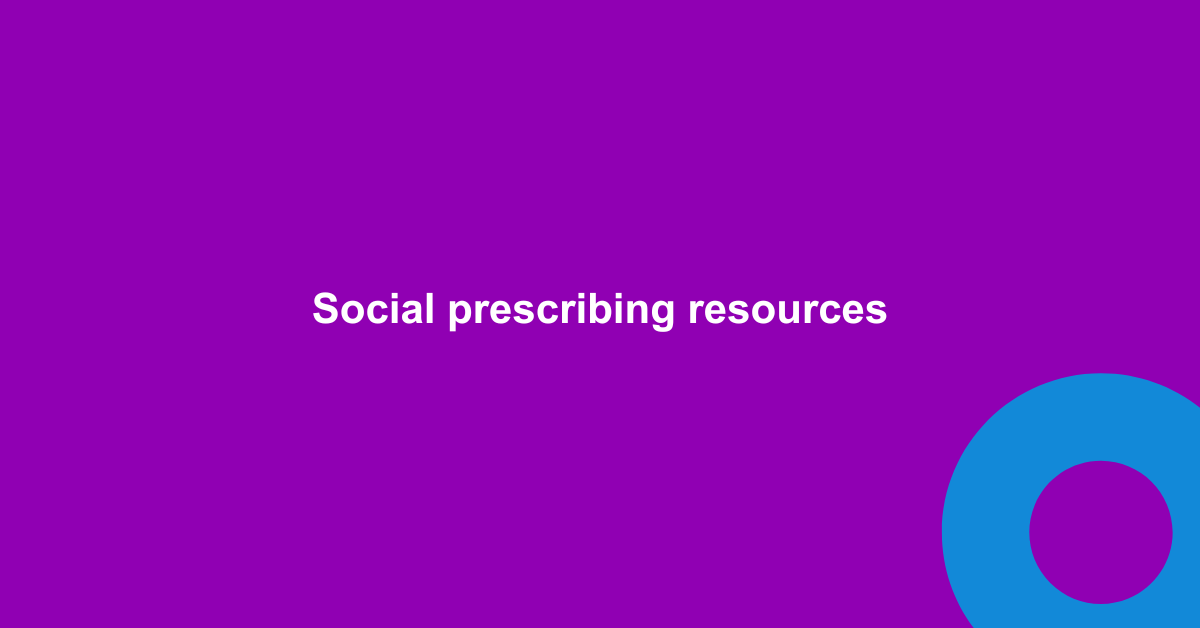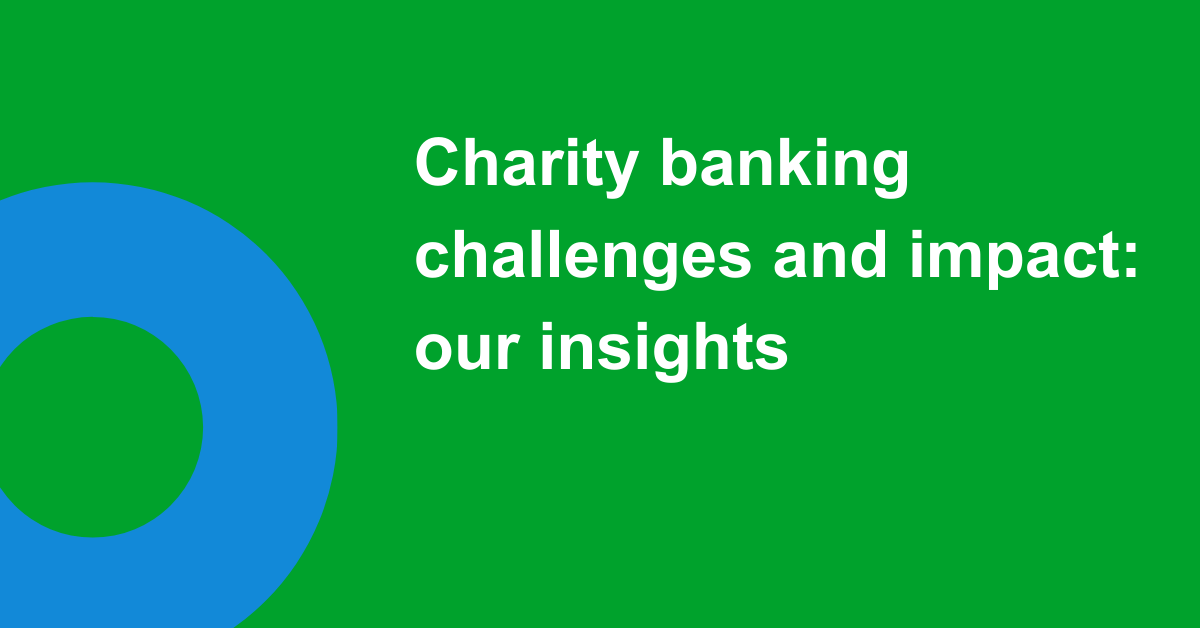The aim to create a more cohesive and comprehensive community support system, to strengthen partnerships between the statutory and voluntary and community sector (VCS) services, and robust provision for residents under social prescribing, is a noble one.
However, by nature of its design, this new system is inequitable. It puts the burden of work on the VCS, particularly for more complex cases, whilst keeping funding primarily within the statutory services.
Social Prescribing: Spencer’s Story
Spencer (not his real name), a 30-year-old Croydon resident, was referred by a social prescribing link worker to Centre of Change: Counselling and Mentoring Service (CoCCMS) in June 2020, at the end of the first lockdown.
He presented a number of mental health challenges affecting his behavioural, social and emotional status. His wider support network was very limited, as he lives alone and does not like to trouble his few family members. He has no close friends nor a partner.

Spencer was initially referred by a link worker to CoCCMS for counselling. This was to help address his childhood trauma and bereavement. He was assessed by the Senior Psychotherapist, and then assigned to another therapist with a programme of therapy.
However, Spencer’s complex daily life meant he was unable to concentrate on past traumas and experiences. His immediate needs were not counselling, but meaningful social interaction and assistance with daily responsibilities. Holistic assessment by a link worker might have ended up signposting him to other organisations rather than counselling at this stage.
Fortunately, although primarily a counselling service, CoCCMS also operates a Befriending Service. Our service offers emotional support for clients isolated due to the pandemic. Therefore, we could continue supporting Spencer emotionally, addressing some of the practicalities of his life. This intensive support far exceeded the role of befriending.
However, Spencer had not received support in certain areas, nor given the expected signposts. This was despite going through certain channels, including a link worker. Many clients have complexities that impact their mental health, but these may not present immediately.
Addressing Spencer’s Needs

Before engaging with his counselling, Spencer needed the areas below to be dealt with.
Support included:
- Twice-weekly telephone calls to help alleviate feelings of isolation.
- Positive thinking techniques and mindfulness to combat focus on negative thoughts.
- Liaising with the NHS to ensure knowledge of how to access medication previously withheld.
- Reinstating him to his dentist after his ban for aggressive behaviour.
- Liaising with the local authority over housing issues.
- Meeting with a range of health professionals, to ensure a unified understanding of Spencer’s needs from a physical, mental, social and emotional perspective.
- Sending a letter of complaint to South London and Maudsley Mental Health Trust (SLAM) due to past and ongoing experiences.
- Application to a charity organisation of Spencer’s offer to volunteer.
- Contacting Battersea Dogs Home to assist in finding a canine friend to help with isolation and recent bereavement of his previous dog.
- Arranging regular food deliveries, including cooked meals, due to a lack of practical cooking skills.
If we were unable to offer this, it is doubtful if Spencer would have maintained a reasonable quality of life over the past 6 months. Many of his day-to-day needs would have been unmet, and the isolation he was struggling with could have overwhelmed him.
Vital medicine, food provision and companionship are all things that our intervention has helped Spencer with. Now, he has hope of building a more positive life and is looking for voluntary and recreational activities to help strengthen his social skills.
Spencer’s therapy was originally postponed for 12 weeks. He was given new start dates on 2 separate occasions following the postponement. He has been unable to access this part of the service, due to the challenges faced in his everyday life as stated.
The results of our unfunded work include:
- Completion of ECG.
- Progression with the provision of ADHD medication.
- Progression with a request for assessment for Autism.
- Local authority inspection of his kitchen (repairs).
- Dental treatment.
- A new canine friend.
- Improvement in dealing independently with his social and domestic needs.
- Regular home-cooked meals (fewer takeaways and processed foods).
‘Band-Aid’ Interventions?
Spencer remains a very vulnerable individual. He needs a deeper level of community-focused, funded assistance, to help him get to a point of real independence. Some of his longer-term needs that we addressed are improving his social confidence. This includes further education and domesticity up-skilling/training.
We have an extensive skill set, knowledge and understanding of the community. And we possess local resources, NHS, and Local authority network links. Thus, we are able to provide a certain level of support to Spencer and other clients who present a cross-section of needs.
However, our staff base and financial resources cannot support significant numbers of more complex clients. It often falls to smaller, voluntary sector organisations to pick up these pieces that the system seems unwilling, or unable to fill. This is despite the funding not following the referrals.
Spencer is not an isolated case. Many people need support from a whole range of services, not just one. The link worker role could take on a more substantial amount of work in supporting people like Spencer. This could be a funded, holistic approach. For example, in helping him apply to be a volunteer, writing a letter to SLAM or applying for food parcel deliveries. Then, we would be best placed to support his needs when he was referred for counselling.
We would be happy to work equitably with the statutory bodies who have helped to design and roll out the social prescribing role. This would ensure those who need support through statutory and CVS organisations can receive meaningful assistance. This will enhance their life-chances long-term, rather than ‘band-aid’ interventions that only touch the surface of a few client concerns.
Find out more about the Centre of Change, Croydon: Counselling and Mentoring Service (CoCCMS).
The Social Prescribing Network is looking for more examples of case studies like these. If you are a small organisation filling an unfunded social prescribing gap, please contact us, so we can get your voice heard by those with a key role in supporting the sustainability of social prescribing.













